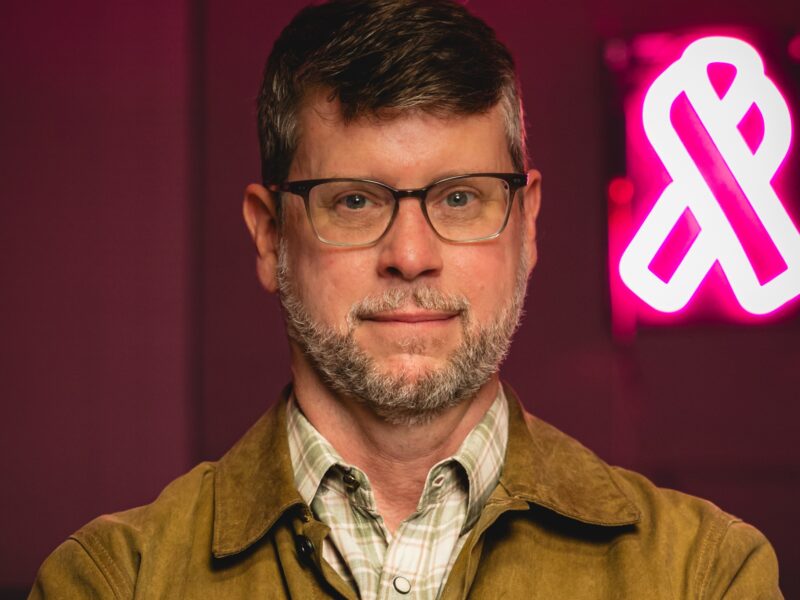Aaron Cohen Awarded Honorary Doctorate
Aaron Cohen, an emeritus professor in the Department of Mechanical Engineering at Texas A&M and former director of NASA Johnson Space Center, has been awarded an honorary Doctor of Letters degree by the university.
The Texas A&M University System Board of Regents authorized the degree at its January meeting upon the recommendation of Texas A&M Interim President R. Bowen Loftin.
“A truly distinguished leader, Aaron Cohen brought his uniquely extraordinary experience with the national and international space programs into our classrooms and laboratories, adding a dimension to the education of our engineering students that few ever have the privilege of experiencing,” said G. Kemble Bennett, vice chancellor and dean of engineering. “His significant contributions have made a lasting impact on our design curriculum, faculty development and most importantly, a generation of engineering students at Texas A&M University.”
The nomination for the honorary degree for Cohen was received from Dennis L. O’Neal, head of the mechanical engineering department, and faculty members in the department. The Faculty Senate Committee on Honorary Degrees endorsed the nomination.
Cohen received a bachelor of science degree from Texas A&M in 1952 and a master of science degree from Stevens Institute of Technology.
He has had two illustrious careers. He was with the National Aeronautics and Space Administration (NASA) from 1962 to 1993 before being appointed the H.B. Zachry Professor at Texas A&M, where he taught senior mechanical engineering design. In August 2000, he became Professor Emeritus of Mechanical Engineering.
His reputation in leading the United States Space Program at NASA is well known. Cohen held almost every top-level position of responsibility at NASA. He was the acting deputy administrator in Washington, D.C., and director of the Johnson Space Center in Houston, as well as the director of research and engineering; director of the Engineering and Development Directorate; manager for the United States Space Shuttle Orbiter Project; and manager for the Command and Service Module and the Lunar Module for the United States Moon Landing Project.
Cohen played key roles in several of the United States’ largest space projects, including the Moon Landing Project, the Space Shuttle Project and the International Space Station.
Cohen was one of the most pivotal individuals responsible for the successful Moon Landing Project and the Space Shuttle Project. Cohen was the chief systems engineer for the Apollo Command and Service Module and the Lunar Module, and he managed the development of the space shuttle. Along with his service as director of Johnson Space Center and deputy administrator of NASA, he was the driving force responsible for obtaining the approval of the development of the International Space Station.
His accomplishments led to his election to the National Academy of Engineering and selection as an Honorary Fellow of the American Institute of Aeronautics and Astronautics. He has been awarded honorary doctorates from Stevens Institute and the University of Houston Clear Lake, and is a Fellow of the American Astronautical Society and the American Society of Mechanical Engineers (ASME). In 2000, he was named Honorary Member of ASME, the society’s most prestigious award.
Loftin said it was a “great coup” for Texas A&M when Cohen decided joined the Texas A&M engineering faculty after retiring from NASA. In the years he served as Zachry Professor, he had a lasting impact on the design curriculum in the mechanical engineering department, on the development of younger faculty and on a generation of students. He led the two-semester mechanical engineering senior design course where his wealth of engineering and high-level management experience equipped him especially well to teach about design weaknesses and how to recognize them. He instilled in the students the critical importance of safe, reliable designs that meet exceedingly tough requirements and the critical importance of rigorous, ethical practices.
“Cohen’s experiences in life as an engineer, as a manager of complex technical projects, as a manager of people and as a teacher of young people represent a profound contribution to our nation,” Loftin said.
Media contact: tamunews@tamu.edu.





